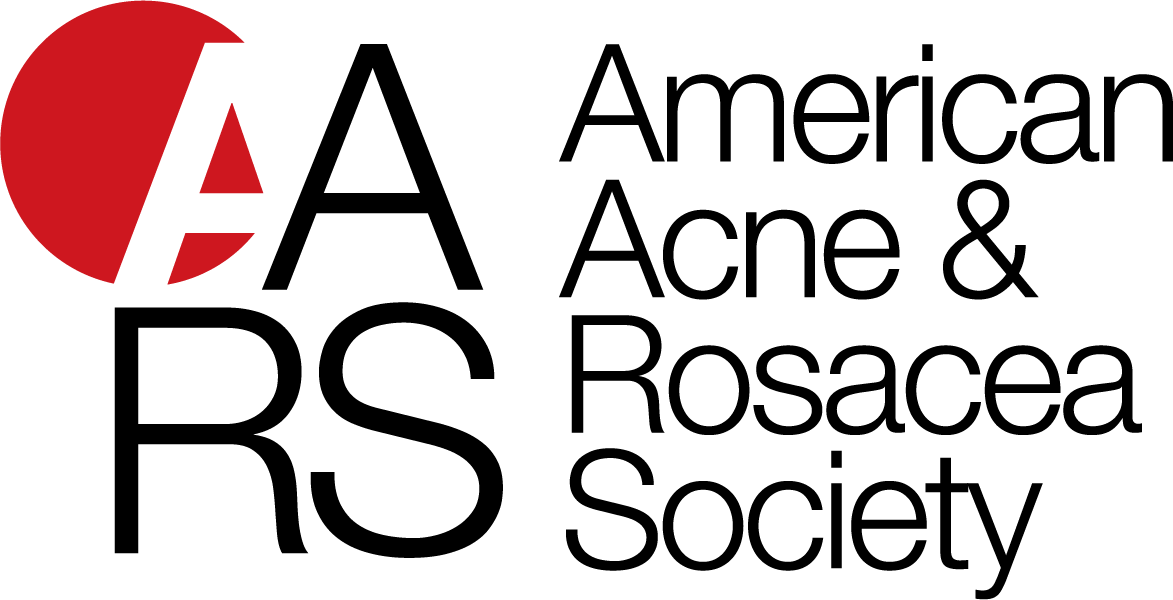On March 5, 2024, Valisure, an independent analytical laboratory located in New Haven, Connecticut, filed a Citizen Petition on Benzene in Benzoyl Peroxide Drug Products. In the petition it states that “Valisure has tested and detected high levels of benzene, a known human carcinogen, in many specific batches of benzoyl peroxide (BPO) products, and the current evidence suggests that on-market BPO products could produce substantial amounts of benzene when stored at above-ambient temperatures, …”.1 The petition further states that this problem does not appear to be a contamination issue from a specific ingredient, but instead due to the inherent instability of the BPO molecule that can potentially break down to form benzene over the shelf-life of the product, especially after exposure to high temperatures.1,2 Benzene has become a more recent focus of attention related to safety concerns, with an increase in independent product testing and also updated regulations by the Food and Drug Administration related to benzene.3
The American Acne and Rosacea Society (AARS), a society founded by dermatologists years ago to enhance education on acne, fully recognizes that this is a very important issue, especially as benzene exposure is harmful to humans, and takes this petition very seriously. “Public safety is the first priority of the AARS. While we await the FDA review of the information, testing data, and proposal reported in the petition, the AARS is evaluating and researching the details stated in the document in order assure its accuracy and provide guidance based on scientific fact”, stated dermatologist Dr. James Q Del Rosso, President of the AARS.
A very common ingredient found in many over-the-counter (OTC) and prescription acne products, BPO has been widely used in the United States and globally for over 5 decades. It has been classified by the FDA as “generally recognized as safe and effective”, including in The Federal Register Final Rule report (March 4, 2010) and in a Guidance for Industry document (June 2011) “Topical Acne Products for Over-the-Counter Human Use”.4,5 “This petition came as a surprise to all of us in dermatology as BPO is FDA-approved in many over-the-counter (OTC) and prescription topical products, including a few recently approved prescription products for acne or rosacea” said Dr. Del Rosso. That being said, the data about BPO and benzene exposure is very complex, and the AARS is doing its due diligence to get the best information it can. “Benzoyl peroxide has been a very important part of the treatment of many patients with acne and also some other skin diseases. We want to be sure that any guidance that is given and any decisions that are made are based as much as possible on solid scientific evidence”.
Right now, there are many questions about this issue and we do not yet have all the answers. Until there is further guidance from the FDA and verification of the safety and stability of BPO products, the AARS believes patients should work with their dermatologist or healthcare provider to determine what course to take. There is currently no formal mandate to stop the use of BPO, although switching to another treatment may be a potential option for some. It is important to conscientiously follow storage procedures recommended for the product being used which may minimize the potential for benzene formation. Some products also indicate specific instructions on how long to keep a BPO-containing product until it should be discarded. Other recommendations include discarding expired BPO products and those that have been exposed to temperatures above room temperature. For new BPO products, store at refrigerator temperature which at least theoretically can reduce degradation of BPO to benzene. Replace BPO products every 3 months or as recommended on the specific product.
The AARS regards the potential presence of benzene in BPO and other personal use products as a serious issue that requires more data from well-performed studies. The AARS also hope that manufacturers and regulators will carry out appropriate due diligence and take this opportunity to do the right things and determine what is best for the good of all patients. The AARS is committed to doing its part now and along the way.
References
- Valisure Citizen Petition on Benzene in Benzoyl Peroxide Products (March 5, 2024), www.valisure.com.
- Kucera K, Zenzola N, Hudspeth A, Dubnicka M, Hinz W, Bunick CG, Dabestani A, Light DY. Benzoyl peroxide drug products form benzene. Environ Health Perspect. 2024 Mar;132(3):37702. doi: 10.1289/EHP13984. Epub 2024 Mar 14. PMID: 38483533; PMCID: PMC10939128.
3.Guidance for Industry, Reformatting drug products that contain carbomers manufactured with benzene. US Department of Health and Human Services (Food and Drug Administration, Center for Drug Evaluation and Research), December 2023.
- Federal Register, Vol. 75, No. 42, March 4, 2010, Rules and Regulations. pp 9767-9777.
- Guidance for Industry, Topical Acne Drug Products for Over-the-Counter Human Use – Revision of Labeling and Classification of Benzoyl Peroxide as Safe and Effective. US Department of Health and Human Services (Food and Drug Administration, Center for Drug Evaluation and Research), June 2011.




